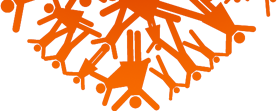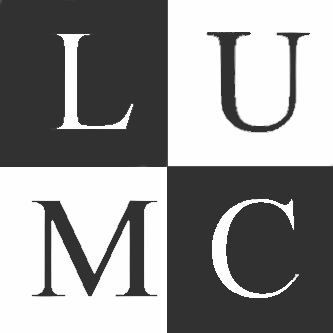Joris Rotmans
Joris Rotmans his research relates to various aspects of chronic kidney disease. A large proportion of his research focuses on vascular access for hemodialysis. Durable vascular access is of vital importance for patients on chronic hemodialysis. Currently, complications at the vascular access site constitute a major cause of morbidity for patients with end-stage renal disease who are on hemodialysis. Most patients utilize a surgically created arteriovenous fistula (AVF) as vascular access to the bloodstream. The patency of these AVFs is limited due to the development of progressive vascular stenosis, which ultimately leads to AVF thrombosis. We developed various experimental models that allow us to unravel the specific pathophysiology of vascular stenosis in AVF. Furthermore, we are evaluating the efficacy of novel therapeutic strategies to improve vascular access durability. In example, we recently performed a multicenter randomized clinical trial in which we assess the therapeutic effect of liposomal prednisolone to enhance AVF maturation in hemodialysis patients. In addition, we perform preclinical studies to investigate whether this targeted approach to deliver anti-inflammatory drugs is also suitable for inflammatory kidney diseases such as allograft rejection. Supported by a VIDI grant of NWO, Joris Rotmans developed a novel technology for in vivo vascular tissue engineering in which the foreign body response to implanted materials in used to grow autologous vascular grafts for hemodialysis access. These engineered blood vessels are currently being evaluated in a clinical trial in hemodialysis patients.
Another recent innovation that we are working on is The Dynamic AVF system (DAS). As hemodialysis patients only need a (high-flow) vascular access during the dialysis sessions itself, we are currently developing a vascular access device that allows the creation of a dynamic AVF. Indeed, the very high flow in a permanent arteriovenous access is an important stimulus for the formation of stenotic lesions and subsequent failure of the access conduit. Furthermore, a permanent high-flow access has detrimental cardiac effects for hemodialysis patients. Supported by a grant from the Health Technology program TU Delft-LUMC, and in collaboration with dr.ir. T. Horeman from TU Delft, we are currently optimizing the DAS device and will perform long-term experiments in our goat model to assess the efficacy of the novel type of vascular access for hemodialysis.
A second topic of research related to chronic kidney disease is potassium hemostasis. In 2016, the K+onsortium was initiated an supported by the Dutch Kidney Foundation. The K+onsortium is a collaboration between Erasmus MC (Ewout Hoorn), Amsterdam UMC (Liffert Vogt), UMCG (Martin de Borst) and LUMC (Joris Rotmans). The cornerstone of this K+onsortium is a multicenter, place-controlled, randomized intervention study (NCT03253172) in which we assess the renoprotective potential of potassium supplementation and its underlying mechanisms in patients with CKD. This trial is currently recruiting patients and is expected to complete enrollment in 2022. (http://www.kaliumstudie.nl/).
The third topic involves a research project that focuses on the role of the microbiome in the pathophysiology of diabetic nephropathy (collaboration with Max Nieuwdorp en Daniel van Raalte, Amsterdam UMC). Supported by the Rembrandt grant of LUMC and Amsterdam UMC, we investigate the role of ethnicity-based gut microbiota composition that might contribute to the unequal distribution of diabetic nephropathy between various ethnic groups. Hopefully, this knowledge translates into dietary interventions that could ameliorate renal complications of diabetes mellitus.
The fourth topic of research relates to the role of torque teno viruses (TTV) as marker of immune suppression in kidney transplant recipients. This is a collaborative project with dr. M. Feltkamp, Medical Microbiology and Aiko de Vries, Nephrology). In 2021, a clinical trial will be started in which the TTV load is used to individualize dosing of immune suppression (Horizon 2020 project, PI dr. Böhmig, Vienna, Austria).
Former group members:
Moniek de Goeij (PhD student)
Aart Strang (PhD student)
ChunYu Wong (PhD student)
Carolien Rothuizen (PhD student)
Taya Bezhaeva (PhD student)
Liselotte Hensen (PhD student)
Jules Heuberger (PhD student)
Wouter Geelhoed (PhD student)
Cynthia Janmaat (PhD student)



